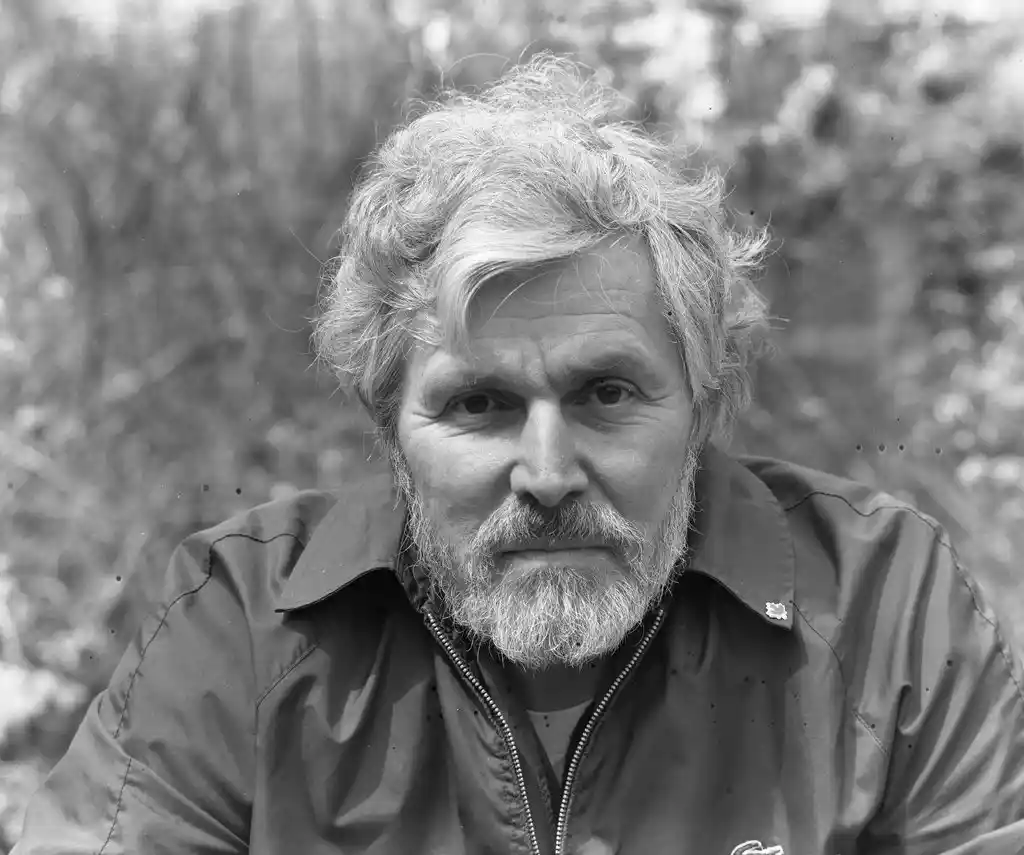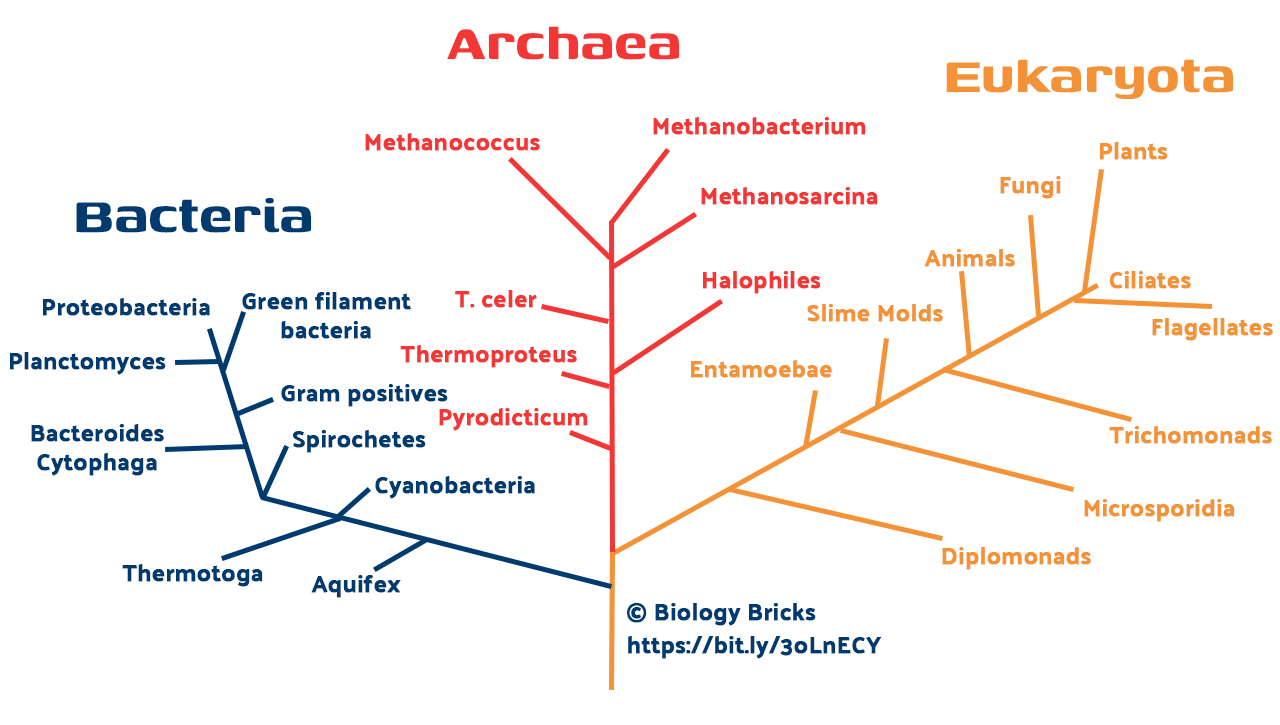

Discovering that some bacteria were acting different to others, he created the Archaea domain.

Born: July 15th 1928 | Died: December 30th 2012.
Carl Richard Woese was an American microbiologist who found a third domain of life, called Archaea. They are a group of single-celled prakaryotic organisms.
Born in Syracuse, New York, in 1928, Carl Woese was obsessed with the truth. He was a generous, humble man, who was serious about his life's work, but also who had fun while doing it. He studied mathematics and physics at Amherst College in Massachussetts and earned a PhD. in Biophysics at Yale University in 1953.

Prior to 1977, many biologists believed that all life on Earth belonged to one of two primary organisms - the eukaryotes, including animals, plants, fungi and some single-celled organisms, and prokaryotes, which included bacteria and all other microscopic organisms. Woese released a seminal paper in Proceedings of the National Academy of Sciences in 1977, which relayed the fact that bacteria should be split into two sections:
True bacteria: also known as eubacteria, true bacteria are bacterial cell organisms that have evolved from a different common ancestor to that of Archaea.
Archaebacteria: now known simply as Archaea, these are aquatic or terrestrial microorganisms that differ both biochemically and genetically from true bacteria.
This would mean that there are now three domains of life, and that Woese's studies were included in modern day microbiology.
In 1998 and 2000, Woese published two papers that sought to replace the standard Darwinian theory of common descent - that all life evolved from a common ancestor. Another paper released in 2004 debated that not all life has been in competition and genes were transferred horizontally.
Disclaimer | About Me | Sitemap
Website design by SyntaxHTML.



Blue icons adapted from icons courtesy of Smashicons.com